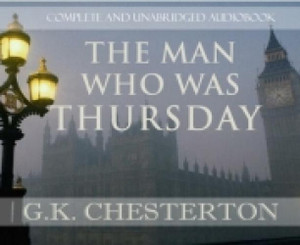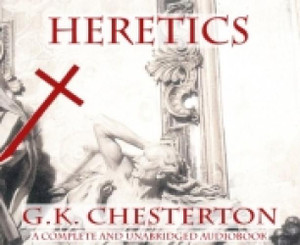
Fisher has an intimate knowledge of the corruption that comes in the high places of wealth and power. He moves unnoticed throughout the schemes of the criminal governing class from one shocking event to another. Navigating the halls of business, media, and government, he uses a sharp and cold reason to arrive at the truth of the crime. Although he does what he can, the one thing he cannot do is report the solved crimes to the police. Why? Because he himself is a complicit member of this criminal governing class.
Set in turn of the century England in all its pomp, glory and corruption, "The Man Who Knew Too Much" is a book of short stories that follow Fisher throughout his adventures of working within the networks of crime and secretly uncovering all the treachery around him.
Amidst all of his other fine writings, "The Man Who Knew Too Much" was one of Chesterton's most successful works in print. It has survived because at the base, these are excellent detective stories. They helped to establish the idea of fair play with the reader, that all the clues are provided in the story for the ending, even though it is always a clever surprise.





